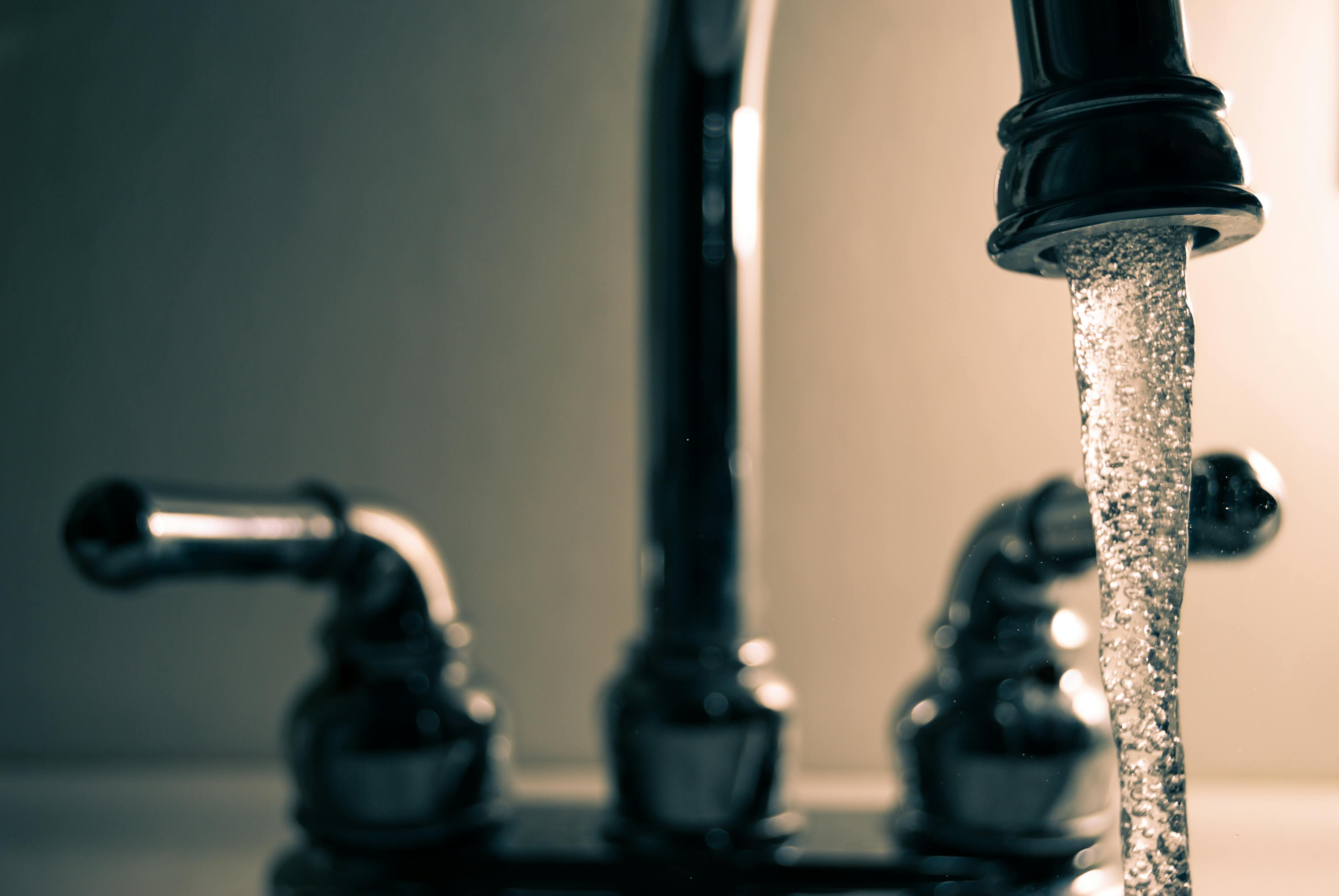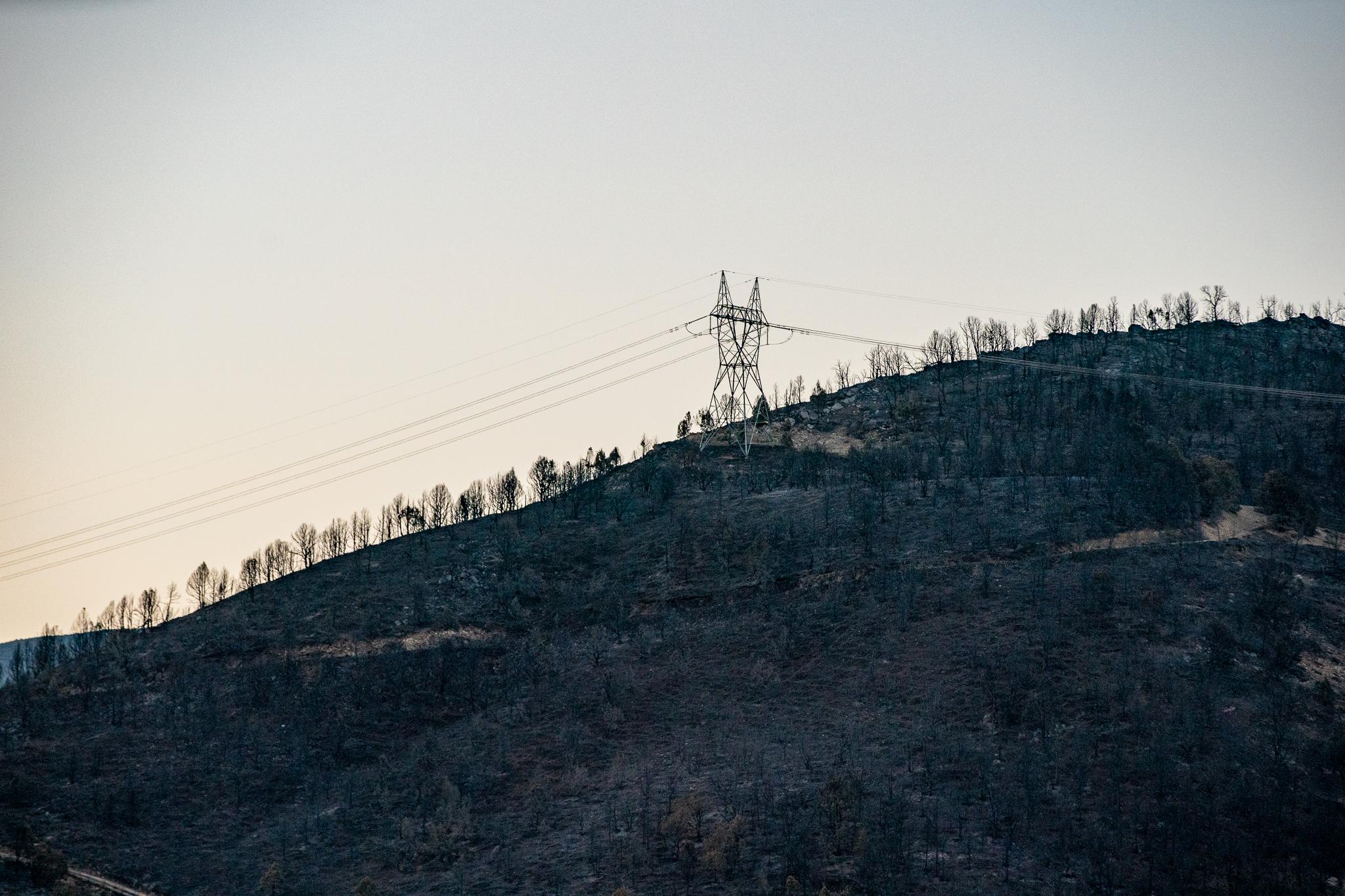
Colorado water consumers can trust their water is safe, according to Dr. Ned Calonge, the state’s Chief Medical Officer, after reports of serious problems with testing and data manipulation at a state lab.
“We don't have any evidence that any of the results for water testing represent an imminent threat to the consumers of Colorado,” Calonge said. “We had a breach of quality control protocol and that involved data manipulation of controls, but not of any water samples.”
He made the comments in an interview with CPR News Friday after news reports raised questions about trouble with data from the state health department.
As part of its mission, the Colorado Department of Public Health and Environment (CDPHE) is tasked with protecting water quality. Its lab tests samples provided by about 3 percent of Colorado’s 2,100 drinking water systems. They serve about 180,000 Coloradans. Most of them are smaller systems run by municipalities, water districts and other entities like homeowner’s associations. These were the lab results affected by the data problem.
A senior chemist with the agency manipulated data, impacting the accuracy of thousands of water tests going back several years.
The chemist, a veteran of more than 20 years with the agency, resigned in May, Calogne said, after the problems were first discovered.
“The chemist was cutting quality control processes, was cutting corners, and that was intentional,” Calonge said. “The chemist wasn't changing the actual lab results, but changing the control measures that are used to calibrate the machine.”
When asked why, Calonge said he believed “it made the job easier.”
CDPHE has taken a number of steps in response to the situation. That includes designing new ways to check the data is being properly verified and hiring an external consultant to do what’s called a “root cause analysis.”
“We are taking it very seriously,” Calonge said. "We'll work to address each one of those issues as we take this segment of the laboratory's work and get back into compliance with what we're supposed to do.”
The problems are severe enough that the federal Environmental Protection Agency revoked a testing certification for the state water quality lab, as the issue led to a gap in data the state relies on to verify drinking water is in compliance with federal standards. “It does not indicate that there is a current or past problem with drinking water,” said spokesman Richard Mylott, with U.S. EPA Region 8, in an email.
EPA revoked a state water testing certification earlier this year
Earlier in 2024, EPA revoked the certification of CDPHE’s State Public Health Laboratory to run four tests. Those tests are part of a number of tests used to confirm drinking water meets federal requirements for safe drinking water.
“EPA took these actions upon learning that certain chemists at the CDPHE Laboratory had been falsifying quality control data for water quality samples,” Mylott said. “What this means is that we don’t have complete information about past drinking water quality for some public drinking water systems in Colorado.”
Out of more 2,000 regulated water systems in the state, EPA said its understanding is that 69 regulated water systems have been impacted; about 20 of them “will need to resample to confirm that their water is still meeting federal standards.” Those specific systems do not have enough additional data to verify that they were still in compliance during the time in question.
Mylott said the federal agency has worked to make sure the state health department has provided notification to the impacted systems and to see that resampling happens using another certified lab.
The investigation is ongoing, and the EPA said it wants to make sure the agency uncovers the full extent of the problem and ensures accountability.
“We understand that learning about these data quality issues may be concerning, and we remain fully committed to safeguarding the integrity of drinking water systems, maintaining public trust, and protecting public health,” Mylott said, noting local drinking water systems continue to follow strict monitoring and treatment requirements to ensure the water reaching your tap meets federal standards.
The state health department’s perspective
In an email, a CDPHE spokesperson said that in February, the state public health lab discovered “a quality control lapse” affecting one of its water quality methods, which is called method 200.7. It tests for metals and trace elements, including copper, barium, and chromium.
“After the managing chemist discovered anomalies in test results, we removed the acting chemist from all laboratory testing and began an investigation,” said Kaitlyn Beekman, a communications & special projects unit manager with the state’s Water Quality Control Division, in an email.
Lab supervisors took the time to re-analyze “an extremely large amount of data,” she said. That led to the discovery of an “intentional disregard of protocol by the acting chemist.”
After the state health department notified the EPA, they revoked the lab’s certification “for this method.”
To maintain service, the agency is now contracting with certified commercial labs to perform these tests.
In August, “the EPA prematurely revoked other methods performed by the chemist,” prior to the completion of a third-party audit, Beekman said. “CDPHE has no current information that demonstrates a similar intentional disregard of protocols with the other revoked methods.”
CPDHE has appealed this decision to the EPA, and is waiting for third-party data analysis results.
“I thought it was really weird”
One of the systems affected is Project 7 Water Authority, a water wholesaler in the Uncompahgre Valley that supplies water to roughly 60,000 people in the cities of Montrose and Delta and five other municipalities or water districts.
It sends water samples to CDPHE for testing every three months.
“In August, I got an email stating that CDPHE was invalidating some of our samples and I thought it was really weird. It was back to 2020,” said Fred Waldman, the operator at the Project 7 water treatment plant. “They had listed several sample sets and I originally thought, I just kind of assumed, it was an error in their quality control.”
About a month ago, they were alerted that it was “not just a little error in their quality control, but kind of a bigger problem where actually their lab couldn't even run those samples anymore.”
Waldman said he had heard from one resident asking about the problem. He told her he thought the risk to public health was minimal.
He likened it to seeing a police speed check post the rate at which you’re traveling and then being able to check that against your car’s speedometer. Being able to check your speedometer and see what it’s reading can give you confidence the speed check is accurate.
It’s similar to machines in labs being calibrated correctly. If the calibration is off, it doesn’t necessarily mean the lab results are off, but that they can’t be verified.
“They can't really have much confidence in the numbers, but it's probably in the ballpark,” he said.
Based on his understanding of the situation, Waldman agreed with CDPHE’s assessment that there’s no imminent threat to public health.
“I mean, it's theoretically possible there could have been something there to detect, but without the quality control, we'll never know,” he said. “I would feel safe. The numbers are probably good. And not to alleviate how it's unethical and unprofessional to do that, but I don't think it's a real public health concern.”









